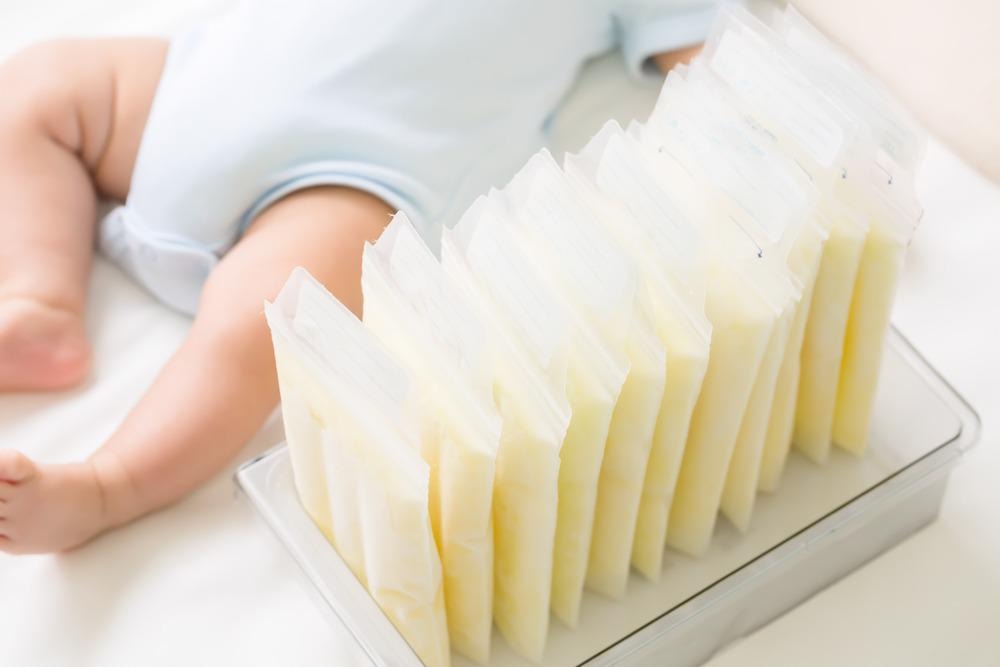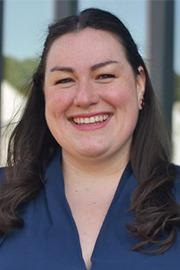I’m Michelle Egger, CEO, and Co-Founder of BIOMILQ. I’m a food scientist by training and a social impact-focused entrepreneur, as recognized in my nomination for Forbes 30 Under 30 Class of 2020. I seek to harness the capacity to drive environmental and social change through creative food solutions with a consumer-first design. My entrepreneurial expertise in social impact and sustainable business models drives my commitment to seek mission-aligned partners.
Women’s health, especially maternal health, is often underfunded and under-recognized. What do you believe to be some of the biggest challenges currently faced by women’s health, and how is BIOMILQ trying to address some of these?
The funding gap in women’s health is concerning. We’re excited that our work is helping to close that gap; through our strict partnership criteria, we’re thrilled to have found partners that understand both our ‘what’ and our ‘why.’

Image Credit: comzeal images/Shutterstock.com
You are focused on ‘unlocking human potential with breakthrough mammary biotechnology.’ Can you tell us more about why you are doing this and what some of your core missions and values are?
Each month at our all-hands meeting, our team shares how our colleagues embodied our values: bravery, authenticity, resilience, conscientiousness, and determination. Personally, I track my shoutouts on post-its in my notebook and office.
I encourage my team to learn in public, ruthlessly prioritize, think of ways to lend a helping hand to others, and recognize that this breakthrough innovation might not be comfortable, but it’s absolutely worth it.
How does your mammary biotechnology work to produce human milk for babies?
In the body, mammary epithelial cells in lobules in the breast tissue are responsible for making milk. They absorb nutrients from a mother’s bloodstream, then secrete milk components that combine to make a complex and dynamic food for babies. It only makes sense to use these mammary epithelial cells to make milk outside the body.
While it’s indeed challenging to ask these cells to behave similarly to how they’ve behaved in the body, we’re developing technology to create an environment similar to the body so that the cells feel at home. We give them nutrients similar to what they’d receive from a mother, and when they’ve multiplied enough, we stimulate them with prolactin, the milk-making hormone, to give them the green light to produce milk components.
The Breast Milk Business Is Booming
The technology you are using has been around for years. Why has no one ever thought of implementing it to create breastmilk?
What we’re working on is incredibly challenging for many reasons: the scientific community doesn’t fully understand how lactation works in the body yet, so it’s challenging to recreate outside the body, and there hasn’t been enough funding towards creating solutions for women’s wellbeing.
What’s next for BIOMILQ? Are there any exciting upcoming projects that you are involved with?
CNN recently visited our lab, and their video should be out by the end of April. The piece should give some insight into the behind-the-scenes of mammary biotechnology.
The rest of 2022 will be focused on better understanding mammary epithelial cells and the cellular/molecular basis for lactation, scaling up our production capacity, and building relationships with stakeholders.
With continued awareness and attention surrounding women’s health, are you hopeful that we will see more innovative solutions emerging in the coming years? What would this mean for women’s health globally?
Absolutely. Through my work, I’ve met dozens of ambitious and intelligent women ready to use their strengths to make a difference.
Where can readers find more information?
Please see this page on our website. https://www.biomilq.com/our-growth
About Michelle Egger
As a passionate food scientist, Michelle looks to combat global food security and malnutrition in everything she does. In 2020, Michelle co-founded BIOMILQ and has since worked full-throttle to improve infant nutrition, fight for maternal health, and expand knowledge on lactation science. Michelle is captivated by the goal of advancing human nutrition and believes that in order to make the world a healthier, better place, the solution must begin with better infant feeding options.
Michelle has been recognized for her entrepreneurial expertise in social impact and sustainable business models on Forbes’ 30 Under 30 list in the social impact category. Michelle’s commitment to seeking mission-aligned partners guides her every move.